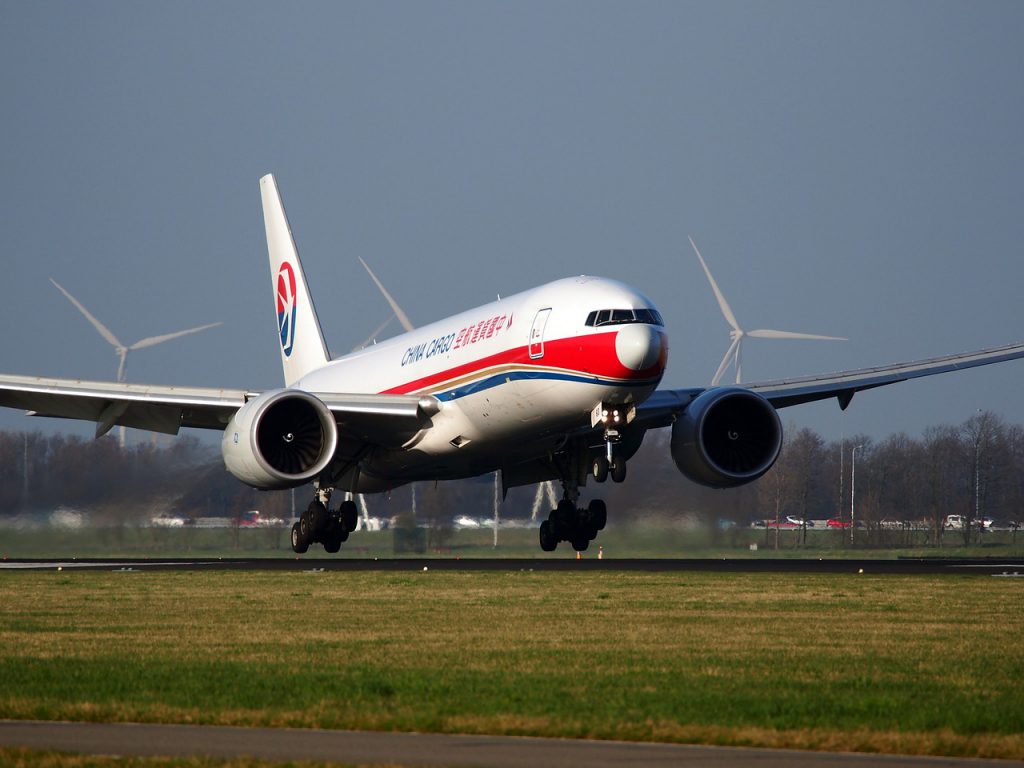On January 3, 2023, Colorful Guizhou Airlines successfully operated China’s first commercial flight powered by sustainable aviation fuel (SAF). The SAF used on the flight was produced by China National Chemical Corporation (ChemChina) and Sinopec, two of China’s largest state-owned chemical companies.
The flight, which took off from Guiyang Longdongbao International Airport and landed at Shanghai Pudong International Airport, marked a significant milestone in China’s efforts to reduce its carbon footprint in the aviation industry.
SAF is a cleaner and more environmentally friendly alternative to traditional jet fuel, as it reduces greenhouse gas emissions by up to 80% compared to fossil-based jet fuel. The production of SAF also generates significantly less air pollution and water waste compared to traditional jet fuel.
The use of SAF on commercial flights is still in its early stages, but it is expected to play a crucial role in helping the aviation industry meet its carbon reduction targets. Many major airlines and aircraft manufacturers, including Boeing and Airbus, are investing heavily in the research and development of SAF.
Colorful Guizhou Airlines, a regional airline based in the southwestern province of Guizhou, has been at the forefront of China’s efforts to adopt SAF. In 2020, the airline became the first in China to operate a commercial flight powered by SAF, and it has continued to expand its use of SAF in its operations.
The successful operation of China’s first commercial flight powered by SAF is a major step towards a more sustainable future for the aviation industry. It is hoped that other airlines in China and around the world will follow in the footsteps of Colorful Guizhou Airlines and adopt SAF as a key component of their fuel mix.
The use of SAF on commercial flights is expected to become more widespread in the coming years as the aviation industry looks for ways to reduce its carbon footprint and meet increasing demands for more environmentally friendly travel options. In addition to reducing greenhouse gas emissions, SAF has the potential to improve air quality and reduce the negative impacts of aviation on local communities.
The production of SAF typically involves the conversion of waste products, such as cooking oil, agricultural residues, and forestry byproducts, into a fuel that can be used in aircraft. This not only reduces the amount of waste going to landfills, but also helps to reduce the demand for fossil fuels, which are a major contributor to climate change.
Colorful Guizhou Airlines has been a leader in the adoption of SAF in China, and the company’s efforts have been recognized by the Chinese government. In 2021, the airline received a grant of 50 million yuan (about $7.5 million) from the Ministry of Industry and Information Technology to support the development of its SAF program.
As the use of SAF becomes more widespread, it is expected to play a crucial role in helping the aviation industry meet its carbon reduction targets. Many major airlines and aircraft manufacturers are investing heavily in the research and development of SAF, and it is hoped that it will eventually become a mainstream fuel for the industry.
The successful operation of China’s first commercial flight powered by SAF is a major milestone and a testament to the progress that is being made towards a more sustainable future for the aviation industry. It is hoped that other airlines will follow in the footsteps of Colorful Guizhou Airlines and adopt SAF as a key component of their fuel mix.

